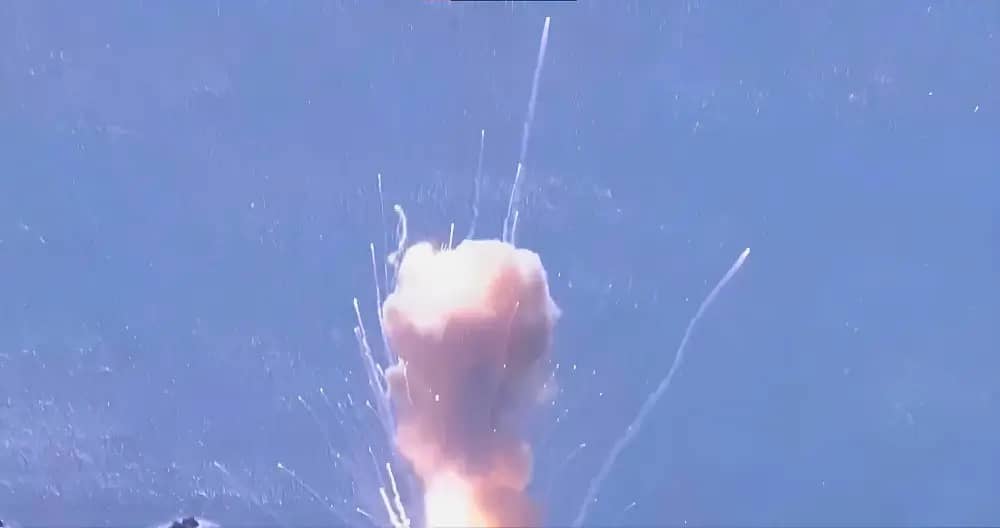A Japanese startup’s ambitious bid to conquer space faced a significant setback when its rocket, the 18-meter (60-foot) solid-fuel Kairos, burst into flames mere moments after liftoff. The ill-fated launch, which aimed to deliver a small government test satellite into orbit, unfolded in Wakayama prefecture, western Japan, captivating audiences nationwide.
The fiery failure, vividly captured by NHK, showcased burning debris cascading onto the slopes nearby as sprinklers frantically attempted to quell the inferno. In a humbling admission, Space One, the company behind the rocket, acknowledged the failure, citing an abortive measure taken post-launch. As investigations into the incident unfold, the ordeal underscores the formidable challenges inherent in space exploration.
The setback not only deals a severe blow to Japan’s aspirations in the competitive satellite-launch market but also underscores the nation’s urgency to develop the capability to deploy temporary satellites swiftly during emergencies.
Also Read : Hezbollah Launches Rockets into Israel Amid Escalating Tensions
Space One, established in 2018 through a collaboration of Japanese tech juggernauts, aspired to spearhead private satellite launches, but the recent mishap underscores the complexities of such endeavors.
While this failure may evoke memories of past setbacks, including the explosion of the Epsilon S rocket engine last July, recent triumphs, notably the successful launch of Japan’s new flagship rocket, the H3, signal promising strides in the nation’s space ambitions.






